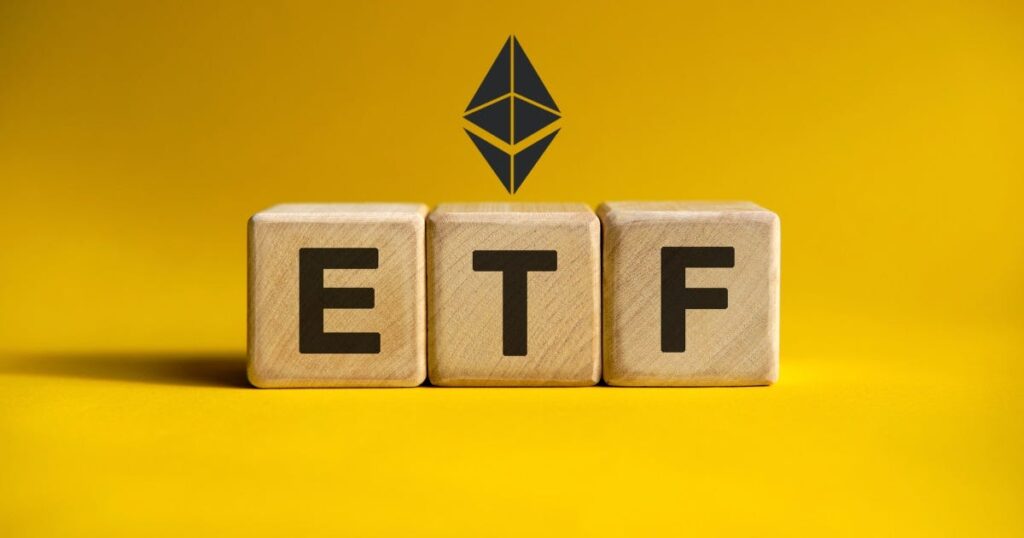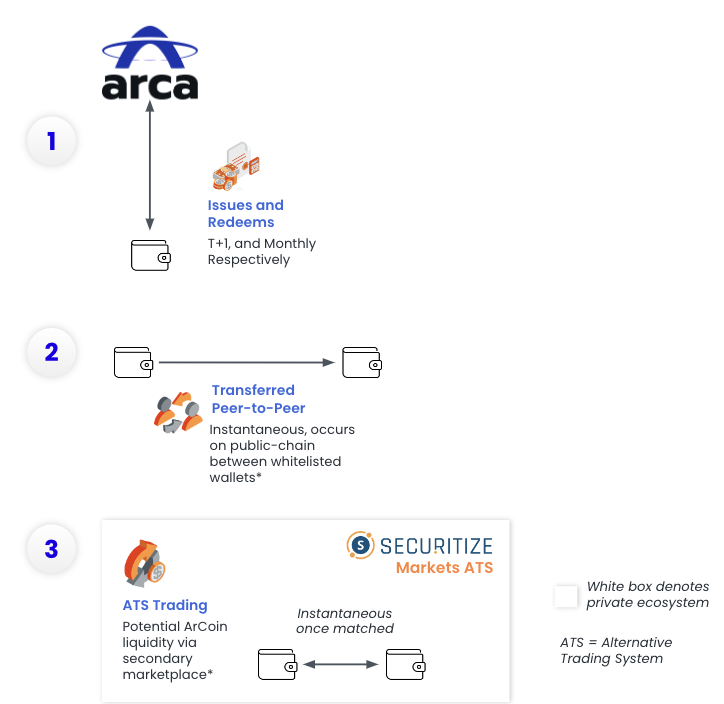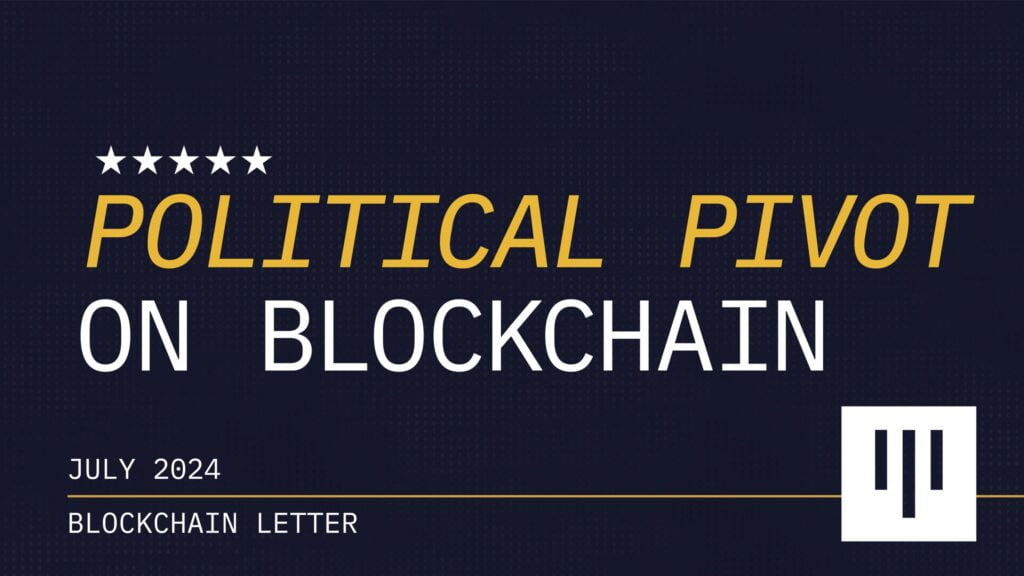Research Summary
The report introduces Rivet, a developer-focused wallet and set of tools for Ethereum Virtual Machine (EVM)-based chains. It aims to improve the frontend development experience by offering features like automatic node sync, account impersonation, and a configurable interval for block production. Rivet is designed to work seamlessly with any Ethereum DApp and offers advanced features for debugging and testing.
Key Takeaways
Developer-Centric Focus of Rivet
- Addressing Pain Points: Rivet is designed to solve the challenges developers face when working with local Ethereum nodes, such as state changes and poor reactivity.
- Best Practices: The wallet encourages developers to follow best practices like introspection, testing, and debugging against a local Ethereum node.
- Community Involvement: Rivet is open-source and MIT-licensed, inviting the community to contribute to its development.
Advanced Features for Debugging and Testing
- Deep Integration: Rivet is tightly integrated with Foundry’s Anvil, allowing for deep testing, debugging, and modifications in DApps.
- Unique Differentiators: Features like automatic node sync, account impersonation, and configurable block production set Rivet apart from other wallets.
- Future Developments: The team is looking to improve UI/UX and introduce features like time travel for undoing actions.
Compatibility and Flexibility
- Universal Compatibility: Rivet is designed to be compatible with any Ethereum DApp.
- Rich Information Display: The wallet offers a large display area for rich information about the state of Ethereum.
- Network Adjustments: Rivet auto-adjusts nonces and accounts depending on the network, eliminating the need for manual resets.
Open-Source and Community-Driven
- MIT-Licensed: Rivet is free for anyone to use, contribute to, or fork.
- Community Building: The team is actively seeking contributors for both implementation and idea generation.
- Transparency: The project is open-source, encouraging a transparent development process.
Future Prospects and Developments
- UI/UX Improvements: One of the key future developments is the improvement of the user interface and experience.
- Additional Features: The team is excited about introducing features like reading and writing token balances, ABI-decoded calldata, and tighter integration with Forge build artifacts.
- Community Engagement: The team is open to contributions and is actively seeking to engage with the frontend developer community.
Actionable Insights
- Consider Using Rivet for Development: Developers working on EVM-based chains should consider using Rivet for its advanced debugging and testing features.
- Community Contributions: Those interested in contributing to open-source projects may find Rivet to be a suitable platform for both code and ideas.
- Stay Updated on Future Releases: Given the planned improvements and features, keeping an eye on Rivet’s updates could be beneficial for developers.













